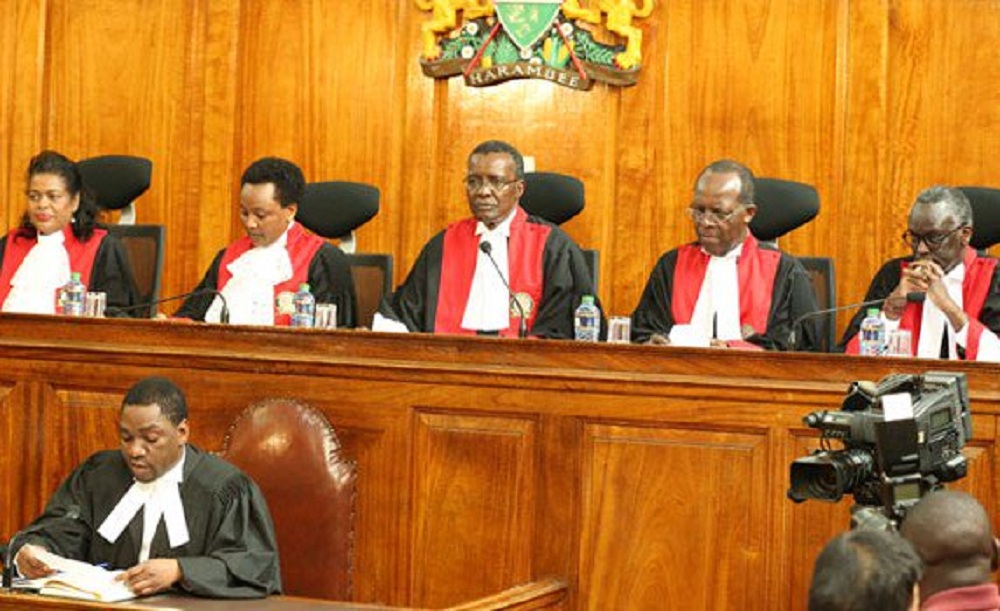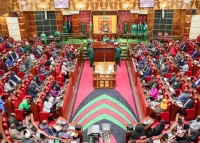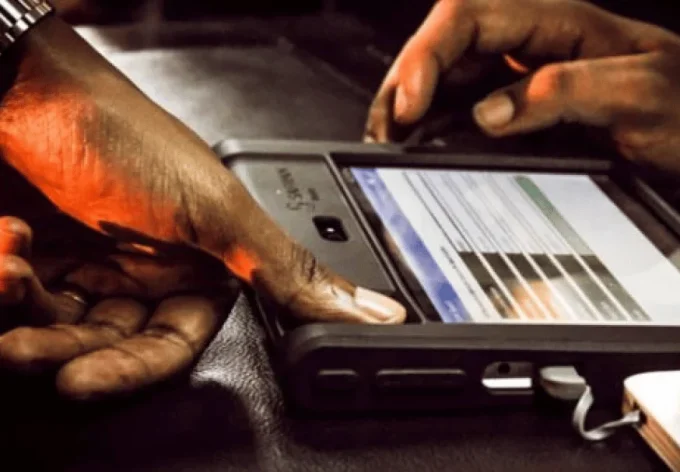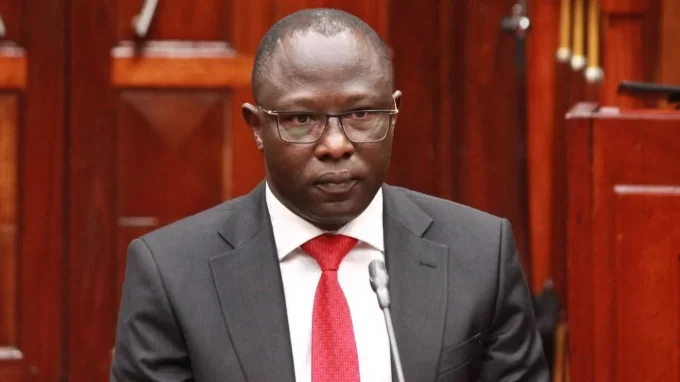The Independent Electoral and Boundaries Commission (IEBC) made gross irregularities and illegalities in the August 8 election that left the Supreme Court with no option but to void President Uhuru Kenyatta’s win, judges of the apex court said in a detailed ruling that is being delivered today.
Highlighting the mistakes made by the electoral body, the Supreme court judges led by the Chief Justice David Maraga and Deputy Chief Justice Philomena Mwilu started by faulting the defense lawyers for ignoring the fact that election is a process, and not an event as per their assertions. The defense lawyers argued that the effect of the process to the final tally was very minimal to qualify the annulment of the results.
“Whether be it about numbers, laws or processes, elections must truly reflect the will of the people, by being free, fair and verifiable,” said Maraga.
Lady Justice Mwilu said that the IEBC Chairman Wafula Chebukati, who is the National Returning Officer, failed in his duty for using formS 34B to announce the presidential results as opposed to the use of formS 34A as stipulated in the election laws and principles.
“When called upon to explain why all forms were not in the online portal, through counsel, the IEBC stipulated a complimentary model, which to us did not meet the conditions of section 44 of the elections Act of simple and verifiable elections,” said Mwilu.
Moving forward to technological issues, the court alluded to technology made to fail instead of technological failure as asserted by IEBC.
The court ruled that most of the more than 10,000 polling stations without 3G/4G network were in cosmopolitan places with good transport networks like Bomet, Bungoma, Siaya and Kirinyaga hence the Presiding officers could move easily to places with 3G/4G network to transmit the results after entering them in the Kenya Integrated Elections Management System (KIEMS).
The IEBC also failed to comply with the court order to give a read only access to the servers to Nasa and Court experts, for information which could have proved wrong the infiltration allegations made by Nasa. According to the majority ruling, the IEBC produced pre-downloaded logs whose source could not be verified.
“The court could not accept the explanation of the IEBC on failure of technology. It was a golden opportunity for the IEBC to prove otherwise to the petitioner’s claims. If IEBC had nothing to hide, they would have given access to their ICT logs. The failure by IEBC left the court with only two possibilities, that in fact the system was infiltrated or maybe the IEBC officials interfered, compromised and bungled the election,” said Mwilu.
ALSO SEE: Chebukati second memo sets IEBC on fire
The IEBC also failed to avail certified copies of penetration certificates of their system, instead bringing uncertified copies from their own professionals. The court had also asked for specific GPRS of specific KIEMS kits, but instead provided GPRS location of the polling stations.
Using the IEBC CEO Ezra Chiloba’s affidavit, the court ruled that the chairman Wafula Chebukati made a mistake by announcing results without more than 5,000 polling stations, affecting more than 3.5 million votes. In his affidavit, Chiloba confessed that they had not yet received 5,015 form 34As by August 14th, four days after the presidential results were announced.
The court has, however, decided not to admit the conclusions of the observers, arguing that they (observers) did not interrogate the election process beyond voting process.
Delivery of the ruling continues.












Leave a comment